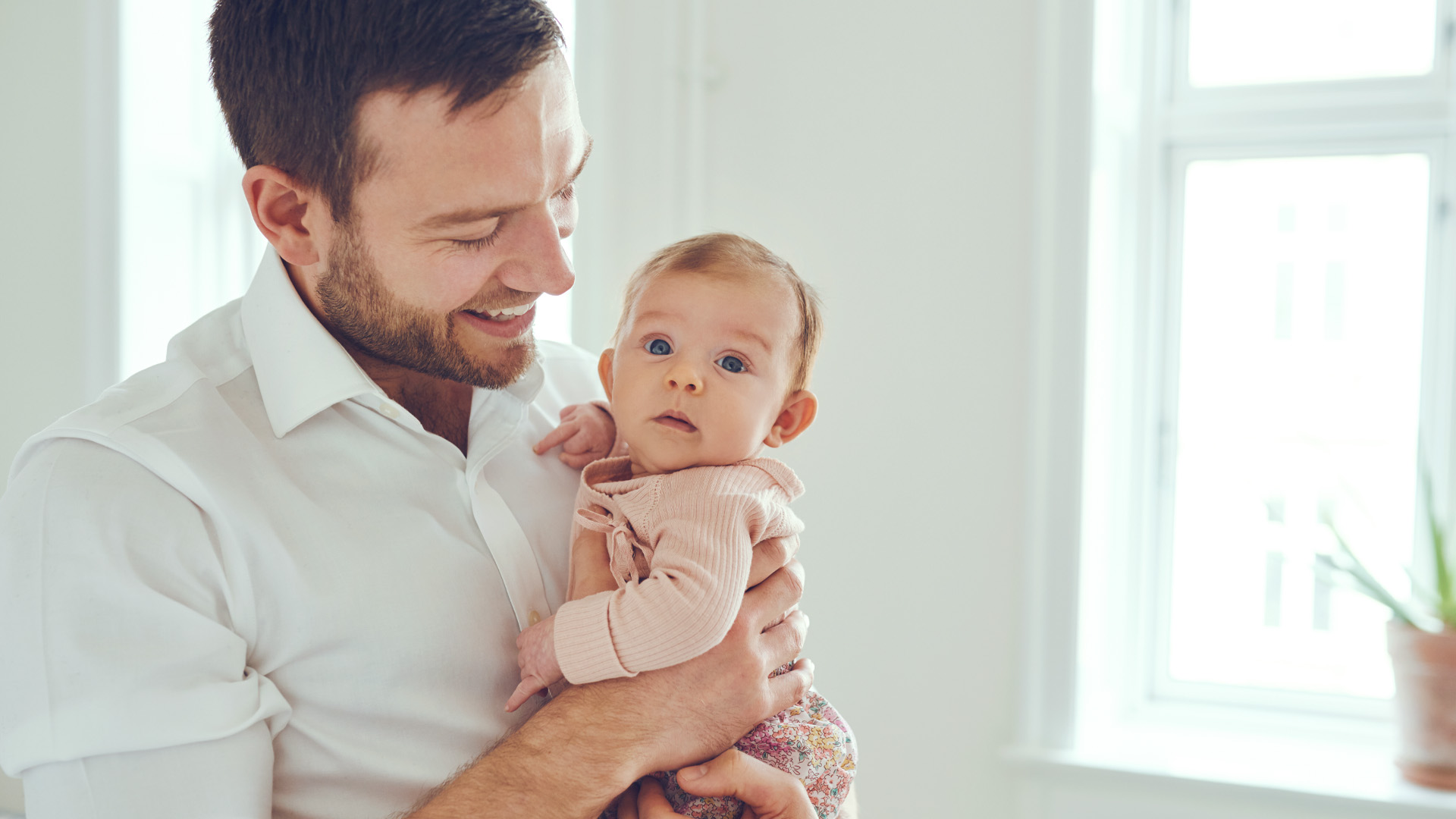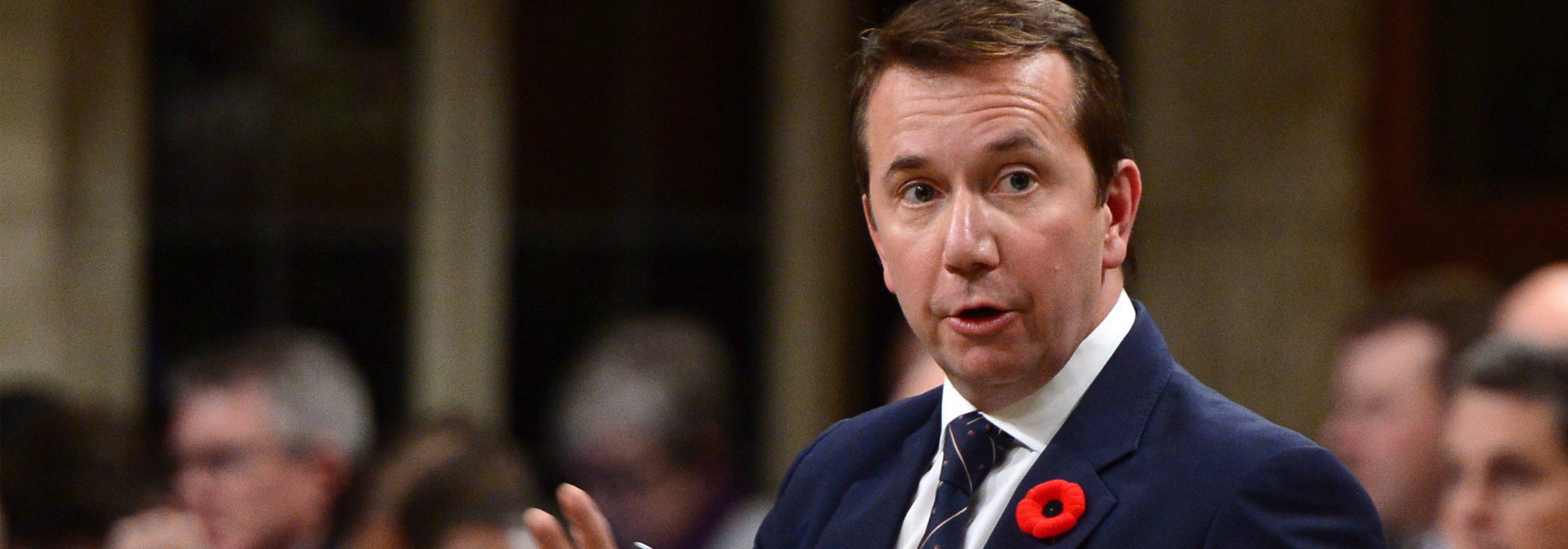
In 1988, Svend Robinson, MP for Burnaby, BC, at the time, made national headlines after holding a press conference announcing he was gay. As the first out politician in Parliament he drew significant media attention as well as public backlash. Since then, the number of gay, lesbian, bisexual, transgendered or queer politicians running for and holding elected office at provincial and federal levels has increased substantially: six out politicians currently sit in Parliament in Ottawa and 18 hold seats in provincial legislatures across the country.
Public support for gays and lesbians has been growing in Canada in recent decades. In a May 2012 Environics survey, only 6 percent of a random sample of 1,501 Canadian respondents aged 18 and over disapproved of the idea that lesbians and gays should be allowed to run for public office.
But a willingness to vote for candidates in the abstract does not mean voters have abandoned deeply rooted biases and stereotypes about them. The public is generally less antagonistic toward lesbian and gay politicians than in the past, but there is still a lot of evidence that voters hold strong and enduring stereotypes about lesbians and gays. And, as with stereotypes about women or racialized minorities, these stereotypes can impact the public’s assessments of or likelihood of voting for a lesbian or gay candidate.
In the past, the public only became aware of the sexual orientation of Robinson and other politicians, including Réal Menard and Scott Brison, after they had been elected to office. But a growing number of queer candidates are openly out long before they decide to run for elected office. However, unlike a person’s sex or identity as a racialized minority, both of which can typically be determined by physical appearance or a candidate’s name, sexual orientation is less evident and is made obvious to the average voter only by its explicit acknowledgement in the media.
While some candidates might decide to acknowledge or draw attention to their sexuality during their campaigns, it is up to media outlets to decide whether to identify a candidate as LGBTQ in their stories, and this determines how widely this information is known. Most journalists respect a candidate’s privacy and avoid outing them unless they are publicly out. But if a candidate is out, the media frequently makes note of this fact without fully recognizing the impact that this information might have. It is written into stories as relevant background material, as might be a candidate’s political experience, community service or employment history. As such, it is implicitly presented as relevant information to be used by voters in evaluating candidate qualifications. And, indeed, it can have a significant impact on voters’ assessments of these candidates. Furthermore, it can potentially affect electoral outcomes.
This makes it important to understand how stereotypes can affect the evaluations of lesbian and gay candidates and what role the media might play in triggering them. This is particularly true in most local elections where coverage of candidates can be sparse, and candidates who haven’t yet established a public profile rely heavily on the media to assist them in informing voters about their strengths and policy interests.
Social science researchers have repeatedly shown that stereotypes are most easily activated in situations where voters have very limited amounts of information about a candidate. In experimental studies of male and female candidates in which only the sex of the candidate differs, male candidates are perceived as tough, decisive, confident and demonstrating strong leadership. Female candidates are assessed as more sociable, caring, sensitive and family oriented.
In other words, simply knowing that a candidate is male or female immediately leads voters to make judgments about them and stereotype them in ways that align with traditional gender roles and behaviours. Since we place different priorities on these different qualities when we judge our politicians, stereotyping can influence who we think is appropriate for politics.
Similar types of stereotyping have been found to occur in the past in assessments of lesbians or gay men. Lesbians are typically perceived as possessing more masculine qualities than straight women, and gay men are viewed as having more feminine traits than straight men. Thus, by simply including the information that a candidate is lesbian or gay in a news story, the media has the potential to change public perception of that individual and their suitability for public office.
Interestingly, I have recently conducted a study (not yet published) that finds the relationship between sexual orientation and evaluations of candidate strengths and weaknesses is complicated. There appears to be little bias in voters’ minds when it comes to a candidate’s sexual orientation; straight and gay candidates are typically assessed in the same way, with more attention to their sex than to their sexual orientation.
However, when men’s and women’s responses are separated out, some interesting differences appear. Male respondents tend to view male candidates as stronger in general than female candidates, but they view gay men less positively than straight men. Lesbians, on the other hand, benefit from male respondents’ bias: men view lesbians more positively than straight women. Female respondents tend to view straight female candidates more positively than the lesbian candidates, but they view the gay male candidates more positively than the straight male candidates.
It cannot be denied that factors other than just a respondent’s sex may contribute to these evaluations (including a respondent’s religious beliefs, age, education or overall attitudes toward gays and lesbians). However, the statistically significant gender differences in this study suggest that male and female voters are likely to respond to information about a political candidate’s sexual orientation in different ways. Women are likely to be more supportive of a male candidate and less supportive of a female candidate if they know they are gay or lesbian, whereas men’s support is likely to be the reverse. Lesbian candidates are likely to be viewed slightly more positively by men than straight female candidates, while gay male candidates are likely to be viewed more critically than their straight counterparts.
All of this means the choices journalists make about whether to refer to a candidate’s sexual orientation in their stories can have an impact on how voters view that candidate. In identifying a candidate as lesbian or gay, reporters are implicitly suggesting that this information, which might otherwise remain unknown, is relevant to voters in their assessment of a candidate’s strengths or weaknesses. While this might be true for some aspects of a candidate’s experience or background, I would argue that it is less true for their sexual orientation. And my work shows that this knowledge does have an effect on how lesbian and gay men are subsequently evaluated. Subtle biases still remain within the voting public even though general support for the election of sexual minorities has risen.
This article is part of the Changing the way we talk about women in politics special feature.
Photo: Treasury Board President Scott Brison stands in the House of Commons during question period on Parliament Hill in Ottawa on Thursday, Nov. 3, 2016. THE CANADIAN PRESS/Sean Kilpatrick
Do you have something to say about the article you just read? Be part of the Policy Options discussion, and send in your own submission. Here is a link on how to do it. | Souhaitez-vous réagir à cet article ? Joignez-vous aux débats d’Options politiques et soumettez-nous votre texte en suivant ces directives.








